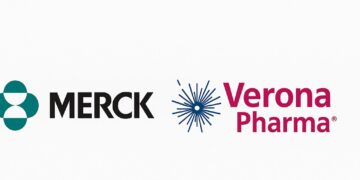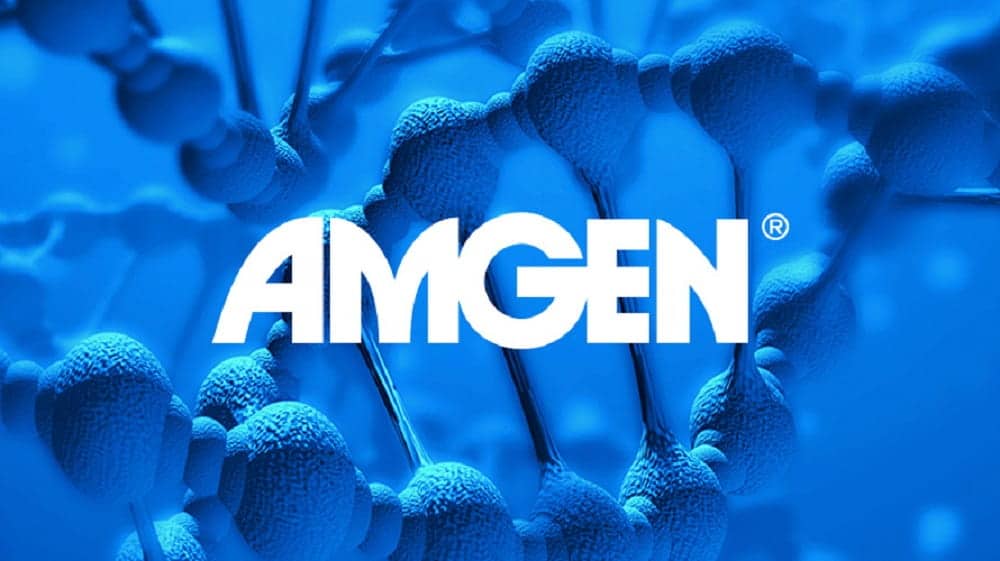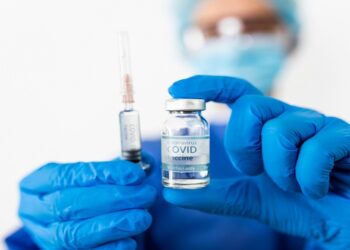Amgen announced that the National Medical Products Administration (NMPA) has approved a new indication for Repatha as the first PCSK9 inhibitor in China for adults with established atherosclerotic cardiovascular disease (ASCVD) to reduce the risk of myocardial infarction, stroke and coronary revascularization.
Low-density lipoprotein cholesterol (LDL-C) is one of the key modifiable risk factors for the development of cardiovascular disease.1,2 Decades of studies have demonstrated that reductions in cardiovascular risk are proportional to absolute reductions in LDL-C levels, making LDL-C the primary treatment target for the reduction of cardiovascular events.3,4 Yet, even among patients with cardiovascular disease currently taking a lipid-lowering therapy, many still do not meet recommended LDL-C goals and remain at risk for cardiovascular events.
Repatha is an innovative biologic medicine proven to effectively lower LDL-C. It inhibits circulating proprotein convertase subtilisin/kexin type 9 (PCSK9) from binding to LDL receptors (LDLR). By inhibiting the binding of PCSK9 to LDLR, Repatha increases the number of LDLRs available to clear LDL from the blood, thereby significantly lowering LDL-C levels, and further preventing the risk of myocardial infarction and stroke.
“The new expanded label in China is an important milestone providing high-risk patients, who are unable to control their LDL-C with statin therapy alone, with a new treatment option to help prevent life-changing heart attacks and strokes,” said Murdo Gordon, executive vice president of Global Commercial Operations at Amgen. “This is also an important step for Amgen as we continue to bring innovative medicines to China and build our presence.”
The approval of the extended label recognizes the positive findings from the 27,564-patient Repatha cardiovascular outcomes study (FOURIER). Compared to placebo plus statin therapy, patients on Repatha in combination with statin therapy, experienced a reduction in the risk of heart attack by 27 percent, the risk of stroke by 21 percent and the risk of coronary revascularization by 22 percent, accruing through the median 26 months of the study.7 Moreover, the results from a FOURIER subanalysis demonstrated consistent efficacy and safety in the reduction of cardiovascular events using Repatha in Asian populations versus those from non-Asian backgrounds.
“Cardiovascular disease has become one of the greatest health challenges facing Chinese citizens today,” said Professor Changsheng Ma, Beijing Anzhen Hospital, Capital Medical University. “High levels of LDL-C have been proven to increase the risk of developing ASCVD. If such levels of LDL-C fail to be managed, patients will become increasingly susceptible to strokes and heart attacks. However, existing therapies have limitations and many patients fail to effectively control their LDL-C levels to prevent recurrent cardiovascular events. The approval of this new indication offers hope for patients who continue to struggle with achieving lower LDL-C levels, providing another treatment against cardiovascular events.”
On July 31, 2018, Repatha was approved by the NMPA as the first PCSK9 inhibitor in China for the treatment of adults and adolescents over 12 years old with homozygous familial hypercholesterolemia (HoFH).
About Repatha® (evolocumab)
Repatha is a human monoclonal antibody that inhibits proprotein convertase subtilisin/kexin type 9 (PCSK9). Repatha binds to PCSK9 and inhibits circulating PCSK9 from binding to the low-density lipoprotein (LDL) receptor (LDLR), preventing PCSK9-mediated LDLR degradation and permitting LDLR to recycle back to the liver cell surface. By inhibiting the binding of PCSK9 to LDLR, Repatha increases the number of LDLRs available to clear LDL from the blood, thereby lowering LDL-C levels.
Repatha is approved in more than 60 countries, including the U.S., Japan, Canada and in all 28 countries that are members of the European Union. Applications in other countries are pending.
About Amgen
Amgen is committed to unlocking the potential of biology for patients suffering from serious illnesses by discovering, developing, manufacturing and delivering innovative human therapeutics. This approach begins by using tools like advanced human genetics to unravel the complexities of disease and understand the fundamentals of human biology.
Amgen focuses on areas of high unmet medical need and leverages its biologics manufacturing expertise to strive for solutions that improve health outcomes and dramatically improve people’s lives. A biotechnology pioneer since 1980, Amgen has grown to be the world’s largest independent biotechnology company, has reached millions of patients around the world and is developing a pipeline of medicines with breakaway potential. For more information, visit www.amgen.com



















